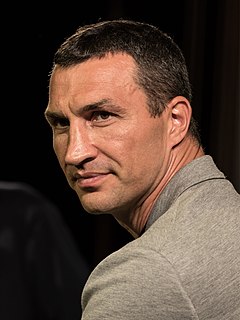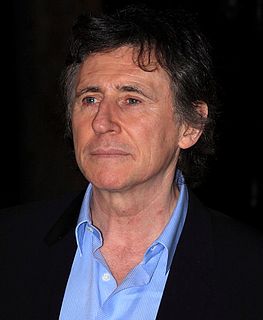A Quote by Alexis de Tocqueville
In a revolution, as in a novel, the most difficult part to invent is the end.
Related Quotes
The revolution of Jesus is in the first place and continuously a revolution of the human heart or spirit...it is a revolution of character which proceeds by changing people from the inside through ongoing personal relationship to God in Christ and to one another. It is one that changes their ideas, beliefs, feelings, and habits of choice, as well as their bodily tendencies and social relations. It penetrates to the deepest layer of their soul. External, social arrangements may be used to this end, but they are not the end, nor are they a fundamental part of the means
I don't think I've invented anything. Henry Ford didn't invent the car, and Steve Jobs didn't invent the cell phone, and he didn't invent the digital revolution, but he could adapt, put things together in creative ways. So I think in what we do there's a lot of "let's try it and sees," whether it's a new color or a new style. But we didn't invent cosmetics or lingerie. How we market them - style, color - those are the things that we do, but it isn't pure creation. It's putting together ideas. I truly believe there's nothing really new in the world.
As to the history of the revolution, my ideas may be peculiar, perhaps singular. What do we mean by the revolution? The war? That was no part of the revolution; it was only an effect and consequence of it. The revolution was in the minds of the people, and this was effected from 1760 to 1775, in the course of fifteen years, before a drop of blood was shed at Lexington.
Why are murder mysteries so popular? There's a 3-part "formula" (if you want to call it that) for a genre novel: (1) Someone the reader likes and relates to (2) overcomes increasingly difficult obstacles (3) to reach an important goal. The more important the goal, the stronger the novel. And the most important goal that any of us have is survival. That's why murder mysteries are more gripping than a story titled "Who Stole My TV Set.







































